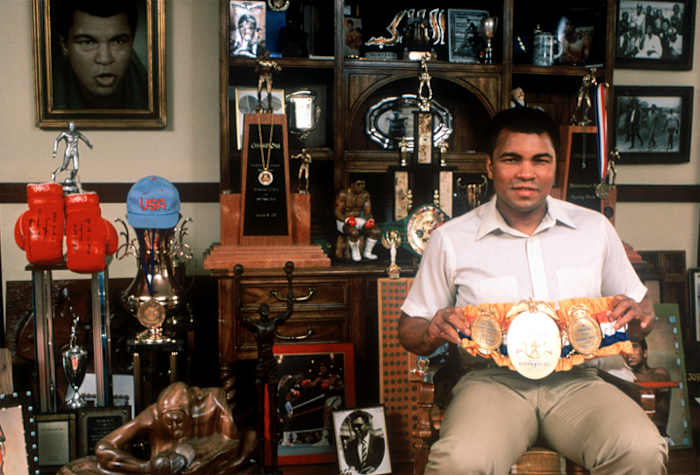The California State Athletic Commission voted unanimously, 6-0, on Oct. 15, at a public hearing to support the Muhammad Ali American Boxing Revival Act (H.R. 4624).
The bipartisan legislation was introduced by U.S. Representatives Brian Jack, a Republican from Georgia’s 3rd District, and Sharice Davids, a Democrat from Kansas’ 3rd District.
The bill was endorsed by the Association of Boxing Commissions and Lonnie Ali, widow of the late boxing legend Muhammad Ali and co-founder of The Muhammad Ali Center.
H.R. 4624 aims to provide professional boxers with more career opportunities, better pay, and enhanced safety protections.
The bill is currently awaiting a hearing in the U.S. House of Representatives.
Nick Khan of Zuffa Boxing emphasized that the bill does not eliminate or change any existing provisions of the original Ali Act.
Instead, it proposes an alternative system offering fighters more choices and opportunities, better pay, greater health and safety protections, and more events in which to compete.
Khan also highlighted the support of Lonnie Ali, who told them, “This is a great opportunity for boxers, and this is what Muhammad would have wanted.”
The Muhammad Ali American Boxing Revival Act was introduced to Congress in July 2025.
It seeks to amend the original Muhammad Ali Boxing Reform Act of 2000 by adding new provisions for boxer pay, safety, and career opportunities.
The original 2000 Ali Act was passed to protect boxers from exploitation and unethical business practices by promoters and sanctioning organizations.
It addressed systemic issues such as conflicts of interest by mandating a separation between managers and promoters.
The law also required transparency from promoters and sanctioning bodies regarding boxer payments, compensation, and how ratings are determined.
Additionally, it limited coercive and exclusive contracts that could bind boxers indefinitely to a promoter.
The 2025 Revival Act, introduced as H.R. 4624, aims to update and improve the original law.
One key feature is the creation of Unified Boxing Organizations (UBOs), which would exist alongside current sanctioning bodies and offer an alternative pathway for boxers.
The bill also adds enhanced protections for boxer safety and medical standards.
It establishes a national minimum payment of $150 per round for professional boxers and sets a minimum health insurance requirement of $25,000 for injuries sustained in bouts.
However, the bill has generated debate within the boxing community, primarily due to the introduction of the UBOs.
Proponents, including some promoters and Muhammad Ali’s widow, Lonnie Ali, say the bill will modernize the sport, create more opportunities for fighters, and increase safety standards.
Critics, including Muhammad Ali’s grandson Nico Ali Walsh, express concern that the UBO model could allow influential promoters to consolidate control, reducing fighter pay by combining promotion and governance, similar to the UFC model.
Some critics also argue that the minimum pay of $150 per round is inadequate for professional boxers.
Copyright 2025 by WDIV ClickOnDetroit – All rights reserved.

